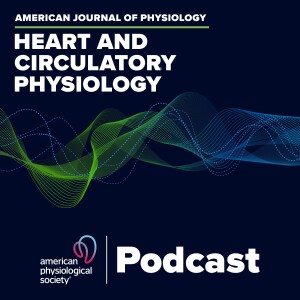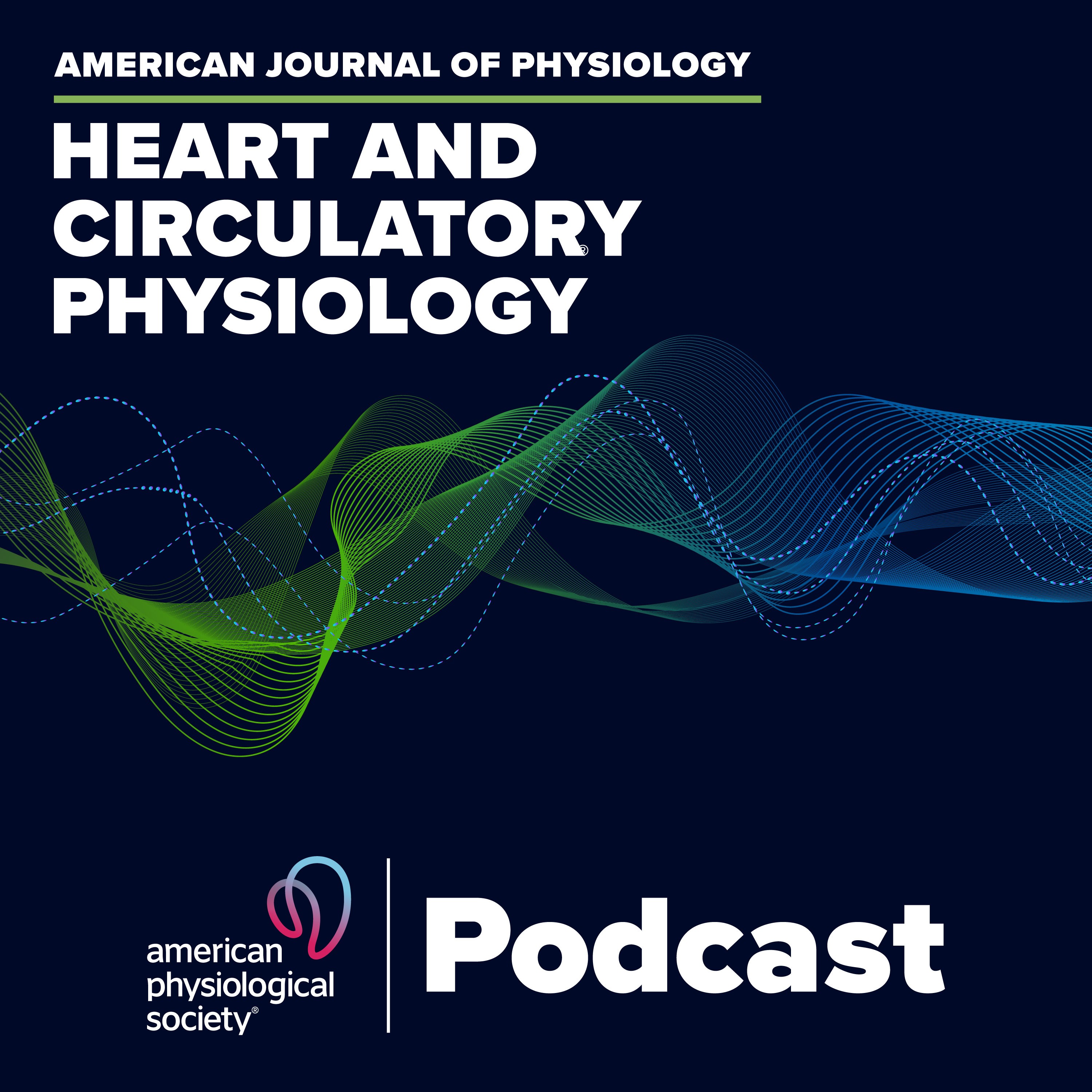Episodes

Monday Feb 17, 2020
Guidelines for Doppler Ultrasound and Resistance Vessel Function
Monday Feb 17, 2020
Monday Feb 17, 2020
How can researchers ensure that Doppler ultrasound measurements of human resistance vessel function are both accurate and repeatable? Listen as Editor in Chief Dr. Irving H. Zucker (University of Nebraska Medical Center) interviews the lead authors of this Guidelines in Cardiovascular Research article— Jacqueline K. Limberg (University of Missouri), Jaume Padilla (University of Missouri), Darren P. Casey (University of Iowa), Joel Trinity (University of Utah). The authors discuss the need for clear inclusion and exclusion criteria for human subjects, as well as the necessity of avoiding several key environmental stressors for a period of time prior to assessments. As a result of collaborating with experts around the globe, the authors developed a comprehensive figure and tables to outline considerations surrounding medication use and the potential impact of medication on vascular function, as well as other concerns for study participants such as caffeine intake, alcohol use, posture, and sleep. What is the best ambient room temperature to avoid confounding results related to skin blood flow when evaluating total limb blood flow to skeletal muscle? For the answer to this key question and more, listen now.
Jacqueline K. Limberg, Darren P. Casey, Joel D. Trinity, Wayne T. Nicholson, D. Walter Wray, Michael E. Tschakovsky, Daniel J. Green, Ylva Hellsten, Paul J. Fadel, Michael J. Joyner, Jaume Padilla Assessment of resistance vessel function in human skeletal muscle: guidelines for experimental design, Doppler ultrasound, and pharmacology Am J Physiol Heart Circ Physiol, published January 31, 2020. DOI: doi.org/10.1152/ajpheart.00649.2019

